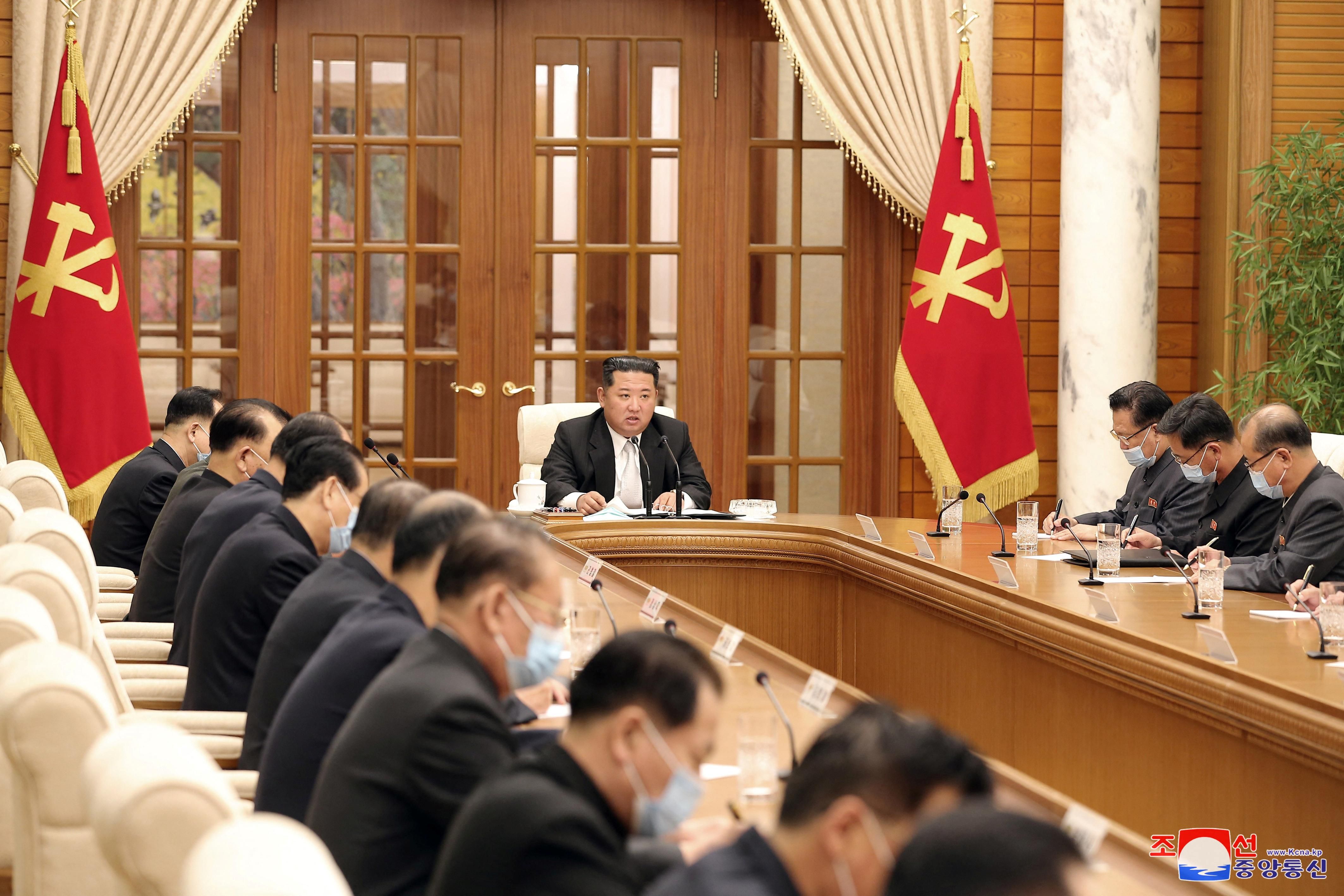1 million: The United States reached a grim milestone Thursday, surpassing more than 1 million deaths from COVID-19 since the first case was detected in the US in January 2020. The daily national death rate has fluctuated, peaking in early 2021.
411: British Oil giant Shell has agreed to sell 411 gas stations, along with other assets in Russia, to a state-backed Russian oil producer. When Vladimir Putin invaded Ukraine in February, Shell was one of several energy companies that vowed to cut ties with the Kremlin.
6: Days after his older brother resigned as PM amid violent protests, Sri Lanka’s President Gotabya Rajapaksa has tapped longtime MP and ally Ranil Wickremesinghe for the post, marking his sixth stint as the Sri Lankan PM. Wickremesinghe has scarce popular support, and the move is unlikely to quell the spiraling situation in Colombo, where the economy has imploded and demands for the president’s resignation persist.More For You
In this Quick Take, Ian Bremmer weighs in on the politicization of the Olympics after comments by Team USA freestyle skier Hunter Hess sparked backlash about patriotism and national representation.
Most Popular
100 million: The number of people expected to watch the Super Bowl halftime performance with Bad Bunny, the Puerto Rican superstar and newly minted Album of the Year winner at the Grammys.
Brazilian skiers, American ICE agents, Israeli bobsledders – this is just a smattering of the fascinating characters that will be present at this year’s Winter Olympics. Yet the focus will be a different country, one that isn’t formally competing: Russia.
What We’re Watching: Big week for elections, US and China make trade deals, Suicide bombing in Pakistan
Japanese Prime Minister Sanae Takaichi, president of the Liberal Democratic Party (LDP), appeals for a candidate during a street speech of the House of Representatives Election Campaign in Shintomi Town, Miyazaki Prefecture on February 6, 2026. The Lower House election will feature voting and counting on February 8th.
Japanese voters head to the polls on Sunday in a snap election for the national legislature’s lower house, called just three months into Prime Minister Sanae Takaichi’s tenure.
